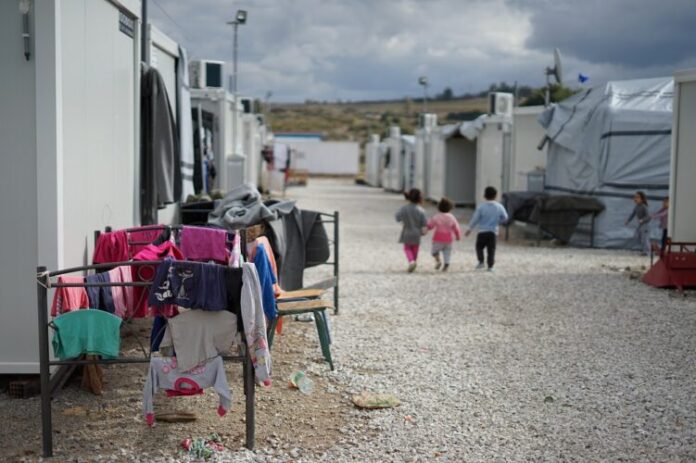A national chapter of the 2023 Agency for Regional Refugee Response Plan was launched on March 3, 2023, by a broad coalition of humanitarian partners in response to the displaced persons’ crisis caused by Russia’s full-scale invasion of Ukraine, Radio Chisinau reports.
The Refugee Coordination Forum (RCF), co-chaired by the Government and UNHCR along with the UN family and humanitarian partners, oversaw the implementation of this plan, which emphasizes the need for ongoing financial support to aid both refugees and host communities in the affected country.
This year, the RCF has announced that 73 partners in the Republic of Moldova will collaborate to guarantee the safety, protection, and ongoing aid for both refugees and the Moldovan community.
The primary goal of the plan is to offer organized assistance to the government’s efforts to preserve lives and address the protection requirements of refugees and individuals escaping the conflict in Ukraine.
This effort will involve enabling suitable solutions and providing support to the host communities in the Republic of Moldova.
“The world watched with deep respect as communities across Moldova opened their hearts and homes to refugees fleeing Ukraine. The United Nations remains committed to supporting refugees and communities in Moldova,” said Simon Springett, UN Resident Coordinator in the Republic of Moldova.
“Through the Regional Refugee Response Plan, this support continues and will continue until the last refugee returns safely to Ukraine,” Springett added.
It has been estimated that the PRR partners require a total of $426.9 million to aid around one million refugees who are anticipated to arrive in the Republic of Moldova before the end of the year.
In 2022, as stated by the RCF, 42 governmental and humanitarian partners collaborated to furnish safeguarding services and humanitarian aid in various sectors to refugees from Ukraine, third-country nationals seeking safety, and other individuals in need, reaching approximately 128,000 individuals in the Republic of Moldova.
The 2022 RDP was in addition to the efforts conducted by the government, which were initiated with the support of local volunteer groups and the entire host society.
Remarkable accomplishments included providing financial assistance to 108,000 individuals, offering humanitarian aid to 89,000 individuals, providing food assistance to 128,000 individuals, furnishing protective services to 118,000 individuals, facilitating health service access to 16,000 individuals, and registering 1,800 children in the national education system.
“This national chapter of the Regional Response Plan for Refugees is the basis of our Government’s collaboration with humanitarian partners in support of refugees from Ukraine and the communities that received them in the Republic of Moldova,” said Colonel Adrian Efros, head of the Single Crisis Management Center from within the Government.
As of February last year, upwards of 775,000 refugees have arrived in the Republic of Moldova, with almost 110,000 currently present in the country, including third-country nationals from Ukraine. These individuals necessitate medium and long-term support and solutions.
The PRR concentrates on significant sectors such as protection, essential requirements, health and nutrition, education, livelihoods and inclusion, shelter, as well as financial aid for refugees and host families of refugees.
“The humanitarian needs remain very high, which underlines the importance of international solidarity at this moment,” said Francesca Bonelli, UNHCR Representative in the Republic of Moldova.
In the framework of the endorsed temporary protection regime in the Republic of Moldova, the advancement of resilience, livelihoods, and socioeconomic inclusion for refugees constitute a significant facet of the plan.
This incorporates modernizing local amenities, pushing for socio-economic integration, job search support services, information, vocational training, skill validation, and certification, as well as presenting microgrants in the form of goods to support autonomous activities and small enterprises.



